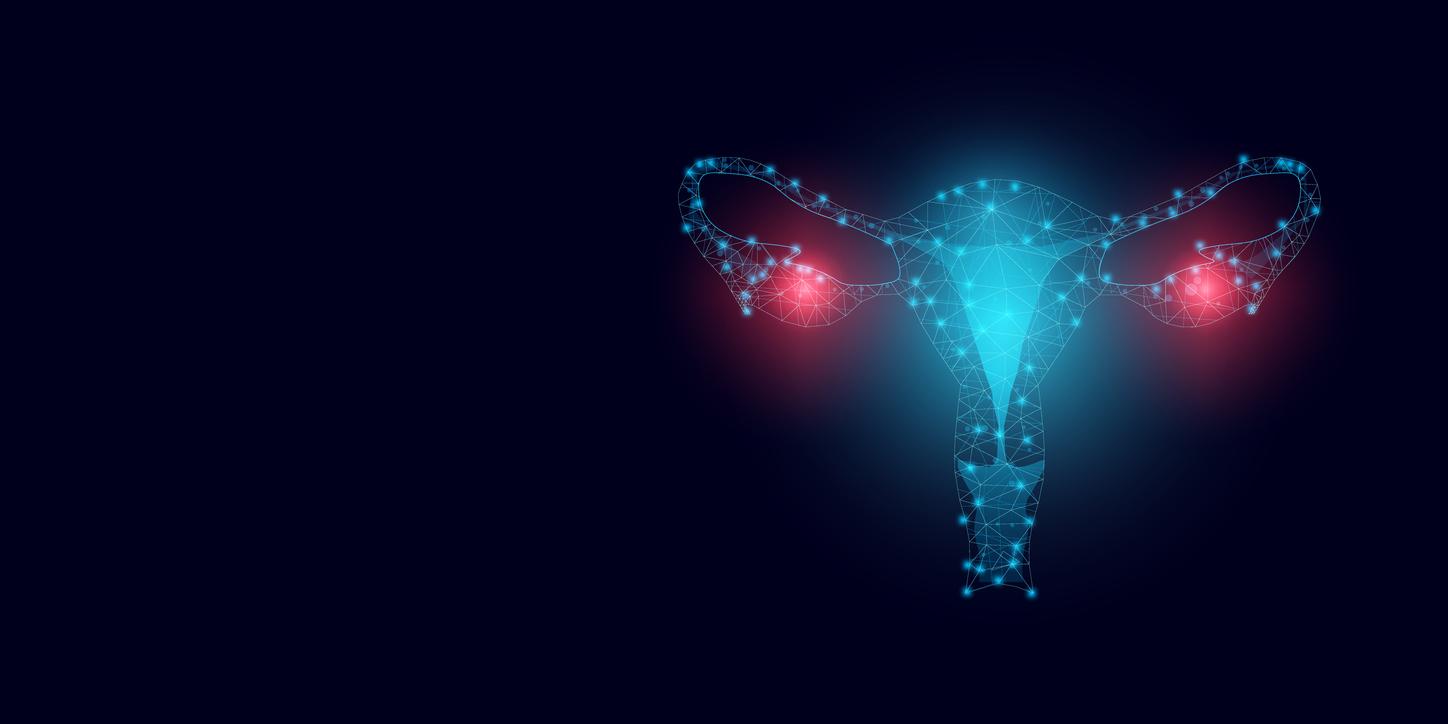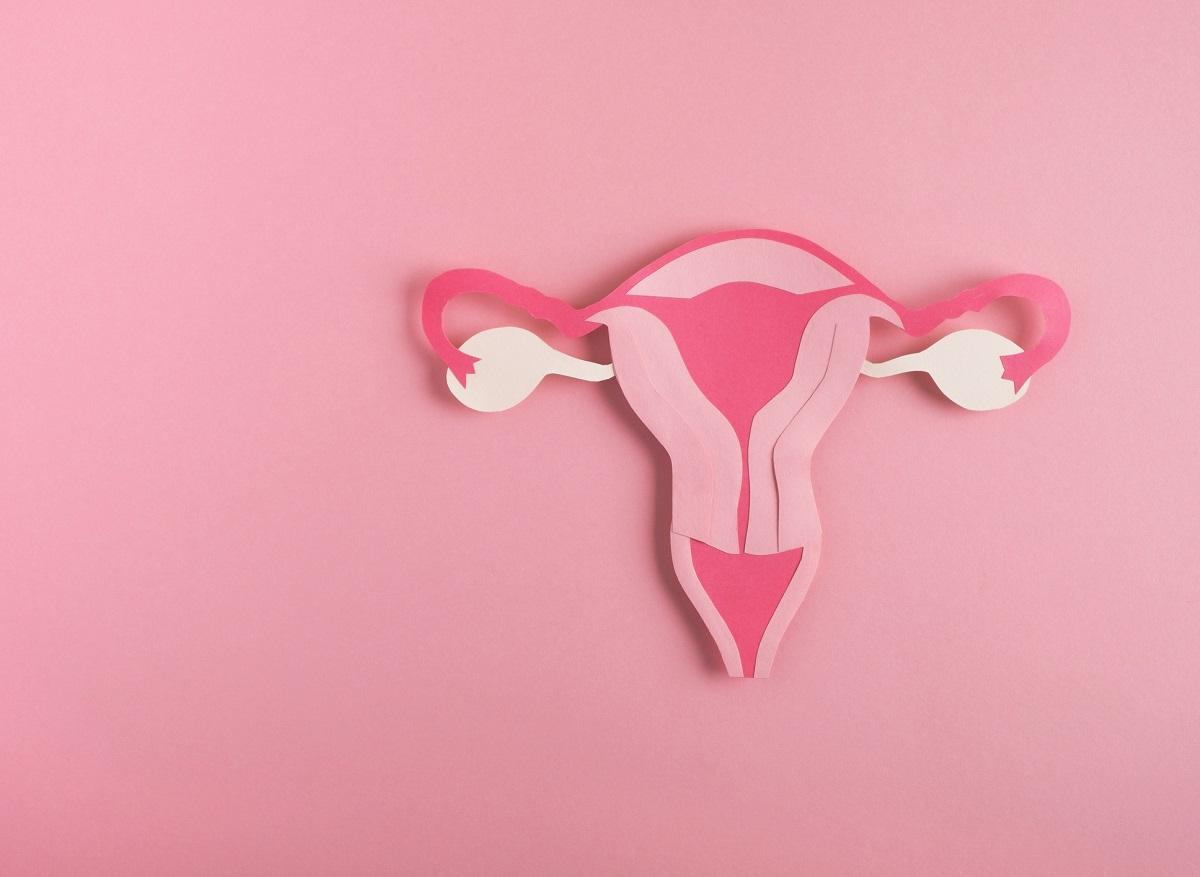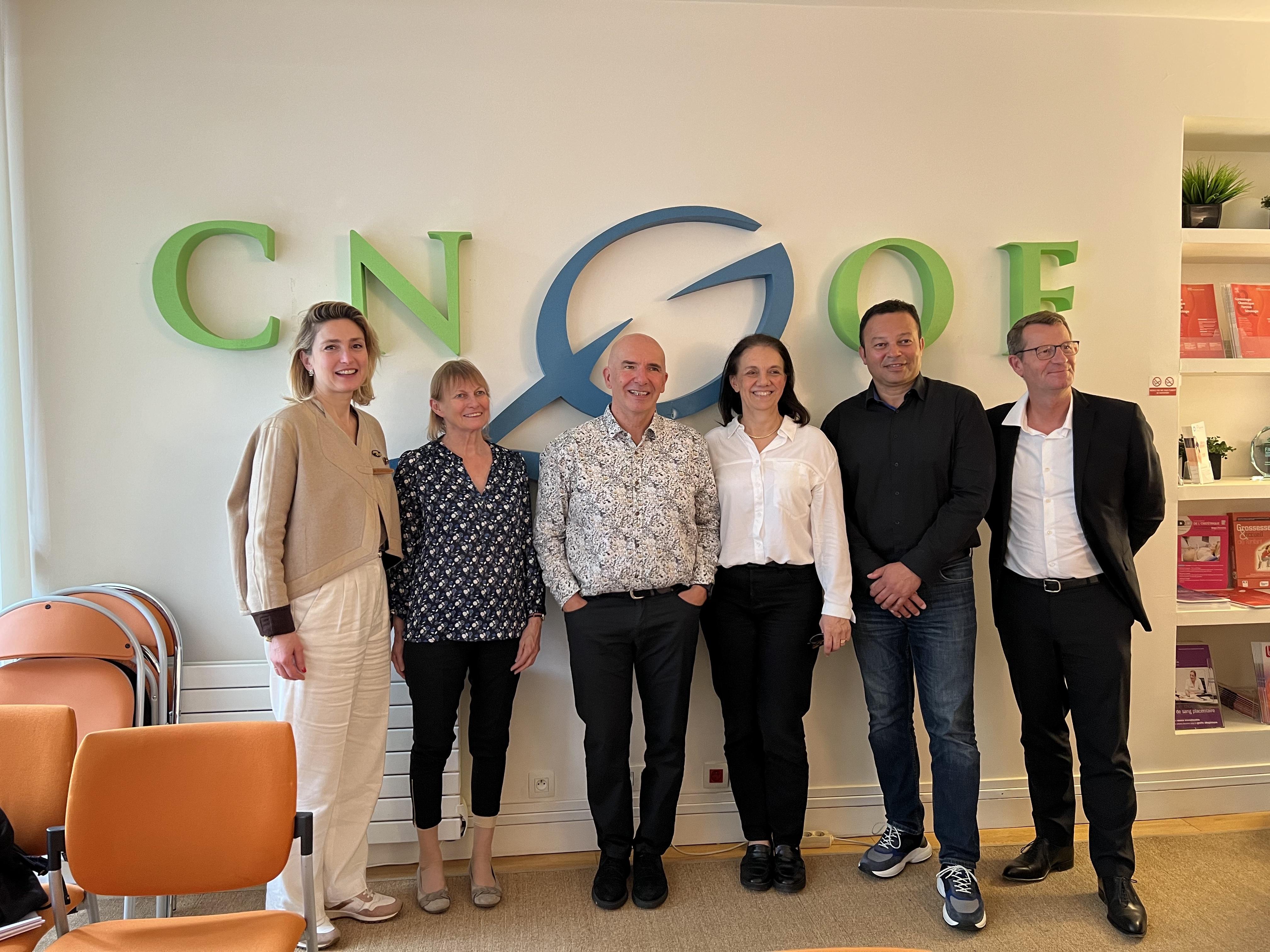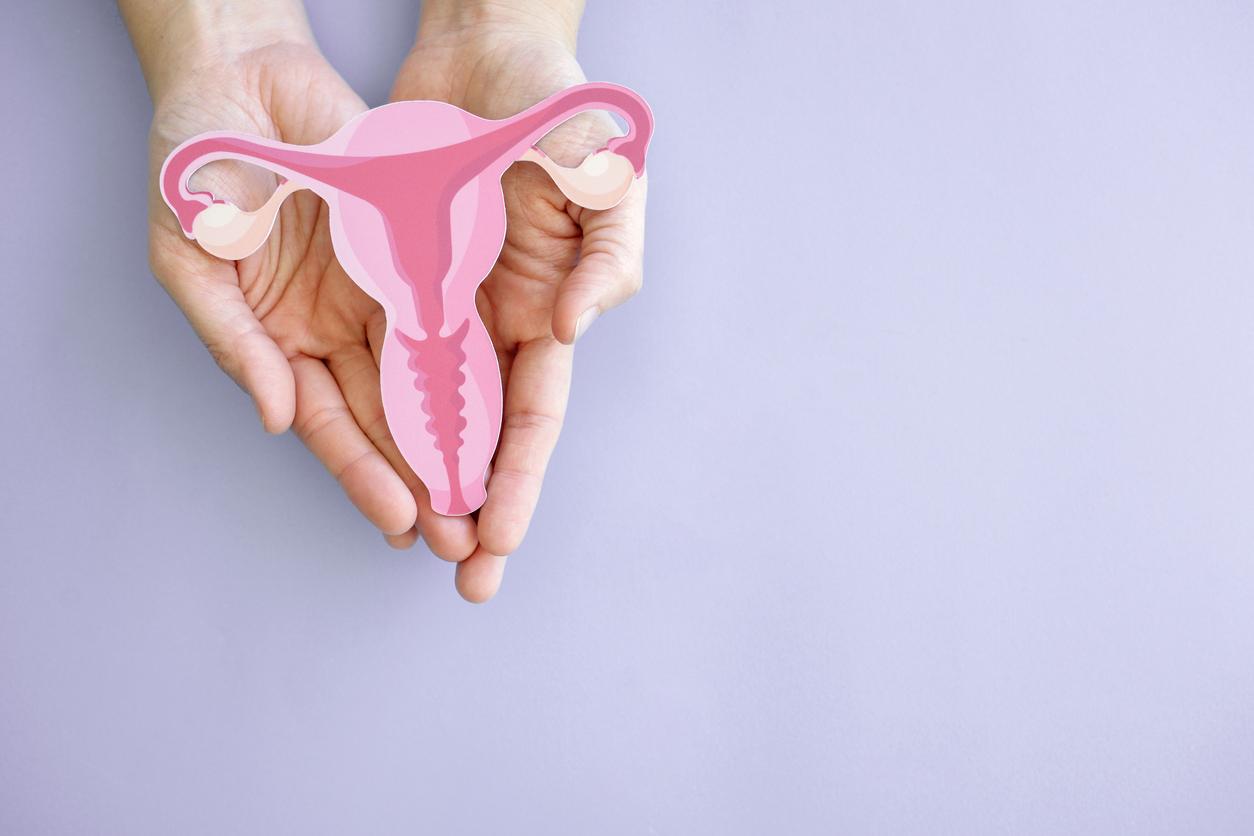As part of the International Day for the Elimination of Violence against Women, meeting with Doctor Xavier-Arnould, vice-present of the NGO Actions Santé Femmes, who practices in particular the repair of female circumcision. A traumatic sexual mutilation, excision is still a widespread practice throughout the world. Despite its ban in France, our country is still concerned.

Why doctor – What is female circumcision?
Dr Xavier-Arnould – Excision is genital mutilation. It consists of a ritual removal of the clitoris, and sometimes of the labia minora, practiced among certain peoples on little girls and young women. This sexual mutilation is likely to lead to numerous health consequences that negatively impact the lives of mutilated women. The pain felt and the trauma caused affect the sexual health of women throughout their lives: chronic pain, risk of vulvar, urinary and gynecological infections, obstetrical complications, increased risk of newborn death, psycho-traumatic repercussions, etc
Excision is in no way comparable to circumcision. In the case of circumcision, all you do is remove a piece of skin. With excision, it is an organ that is amputated.
What is the motive for this act?
This act has absolutely nothing to do with religion, it is linked to an ancestral tradition. The reasons differ according to ethnic groups, cultures (fear of masculinization, denial of the pleasure of women, etc.).
How many circumcised women are there today in the world? Is France concerned?
Although officially banned in all countries, excision still affects millions of women around the world (about 200 million in 2016) and thousands in France (60,000 in 2019). It is practiced in many African countries, often before the age of five for little girls.
In France, excision is no longer practiced, the last conviction dates from 1989. But that does not mean that there are no more circumcised women on the territory. Indeed, the danger of being circumcised when returning to the country still exists…
How to protect these women who are circumcised when they return to their country?
French law makes it possible to protect little girls who live in France and who may be threatened with excision when returning to the country, by condemning the author of the act abroad.
A strong deterrent effect that works in many cases. The role of the gynecologist then consists in examining the patients before their return to the country (during the summer holidays for example), in providing the parents with a certificate of non-excision which they can show to the family on the spot to explain that the little girl is not circumcised and that the doctor will need to see her again when he returns…
What does circumcision repair surgery involve? What are the side effects ?
A surgical intervention is performed then combined with sexological re-education and psychological follow-up. The operation consists in bringing to the surface a part of the clitoris which is located in depth and in repairing the injury. It is not a particularly complex intervention but it causes post-operative pain (the clitoris being a very innervated organ) and requires care with a nurse at home.
Are the results effective? How do the patients react?
Some patients have the feeling of no longer being a woman because of the excision. The operation allows them to regain this feeling but also, in 70% of cases, to recover sexual function. The results are therefore quite satisfactory; the operation allows women to feel much better in their body and in their mind.
Can we easily benefit from this operation in France?
Although it is not a very complex intervention, this restorative surgery is still relatively unknown and is not practiced by all gynecologists. However, it is now possible to find gynecologists familiar with this technique in all major cities in France.
What is the role of the NGO Actions Santé Femmes, which you chair?
This NGO works for the health of women in France and around the world to enable better quality childbirth and limit complications, in particular through training programs for midwives and gynecologists.
To help better cope with the Covid-19 crisis in the French overseas departments and territories, a program has been specially developed to deal with the major shortage of midwives (particularly in Guyana).
.















